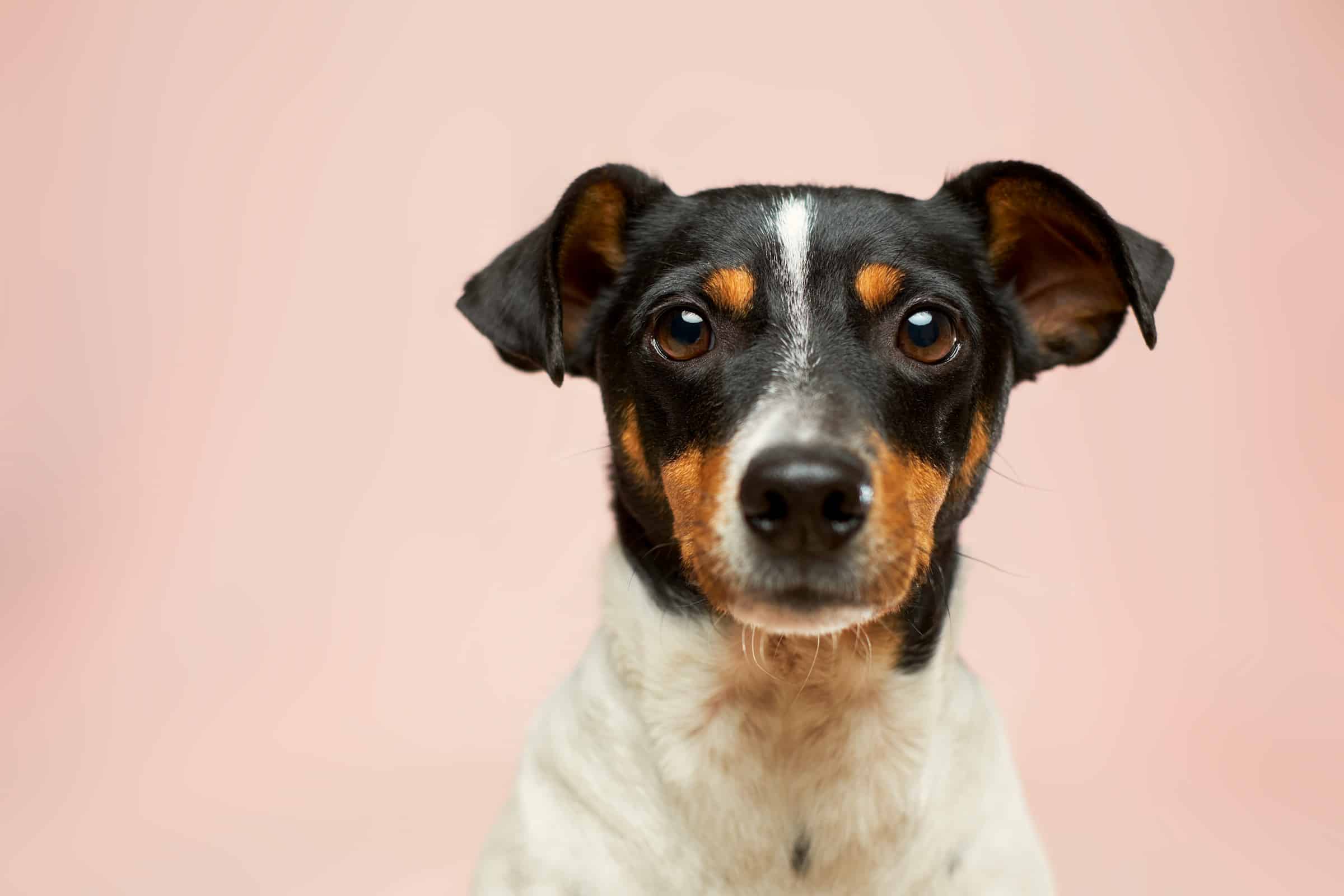Being a proud owner of a cocker spaniel, you understand the joy and companionship that these gentle dogs bring. But did you know that, with a little dedication and time, your adorable puppy could be a star in competitive obedience? The American Kennel Club (AKC) recognizes cocker spaniels as one of the top breeds in obedience competitions. With the right training methods, your dog could not only be a good companion but also a champion in the ring.
As professionally trained dog handlers, we believe that every dog has the potential to excel. The key lies in understanding the breed and applying the appropriate training methods. In this article, we’ll share some professional insights on how to train your cocker spaniel for competitive obedience.
Also to read : How to Care for a Corn Snake’s Unique Shedding and Habitat Needs?
Understanding Your Cocker Spaniel
Before we delve into the training exercises, it’s crucial to understand what makes a cocker spaniel tick. This breed is known for its friendly nature and eagerness to please, making them excellent candidates for obedience training. However, they also have a stubborn streak, which can be challenging at times.
Cocker spaniels are intelligent dogs that enjoy mental stimulation. They respond well to reward-based training and are very food driven. Use treats as a reward, but also mix in plenty of praise and petting to keep their interest. Don’t forget the power of play, too. Incorporating play into your training sessions will keep your cocker engaged and motivated.
Topic to read : How to Properly Fit a Life Jacket for a Small Dog for Boating Activities?
Starting Obedience Training Early
When should you start obedience training? The answer is as soon as possible. Puppies start learning from their environment the moment they open their eyes. By the time your puppy is 8 weeks old, you can start introducing simple obedience commands.
Remember, puppies have short attention spans, so keep training sessions short and fun. Start with simple commands like ‘sit’, ‘stay’, and ‘come’. Use positive reinforcement to reward good behavior. Gradually, you can introduce more complex commands as your puppy matures.
Essential Obedience Exercises
Every obedience training program includes a set of core exercises. These are the foundation of good dog behavior and are essential for success in competition.
The ‘heel’ command is one of the most important in competitive obedience. This command teaches your dog to walk closely by your side without pulling on the leash. The AKC obedience competition includes a heeling pattern, so this is a must-know command for your cocker spaniel.
‘Recall’, or coming when called, is another critical exercise. In a competition, your dog will need to return to you, sitting in front of you and then heeling when instructed.
‘Retrieve’ is a challenging but rewarding exercise. Cocker spaniels have a natural retrieving instinct, which you can harness for this exercise. It involves your dog picking up a designated object and bringing it back to you.
Advanced Competitive Training
Once your cocker spaniel has mastered the basic commands, it’s time to move on to advanced competitive training. This involves refining the basic commands and adding in more complex exercises.
In competitive obedience, precision and speed are key. Your dog will need to respond to your commands quickly and accurately. For instance, in the ‘Sit-Stay-Get your leash’ exercise, your dog must stay in the sitting position while you walk away, retrieve your leash, and return to your dog.
Another advanced exercise is ‘Directed Retrieve’. In this exercise, you will direct your cocker spaniel to retrieve a specific object out of several placed in the ring. This exercise tests your dog’s understanding of your commands and their ability to follow them accurately.
While training your cocker spaniel for competitive obedience, remember to be patient and consistent. This breed responds well to gentle, positive reinforcement. Always end your training sessions on a high note to keep your dog eager for the next session.
With time, dedication, and the right training methods, your cocker spaniel can shine in competitive obedience. So, take this journey with your four-legged friend and discover the joy of working together as a team. Happy training!
The Role of Positive Reinforcement in Training Cocker Spaniels
The term positive reinforcement is often bandied about in the world of dog training, but what does it truly mean and how does it apply to cocker spaniels? Simply put, positive reinforcement is the process of increasing a behavior by presenting a reward when the behavior occurs. This type of training is ideal for cocker spaniels who are known to be food motivated and eager to please.
Start by identifying a behavior you want to train. Let’s take ‘sit’ as an example. Every time your spaniel puppy sits, reward them with a treat, praise, or a quick pet. The key is consistency. If your cocker spaniel realizes that sitting earns them a reward, they’ll be more likely to repeat this behavior. In time, the frequency of treats can be reduced as your dog begins to perform the behavior without needing a treat every time.
When training your cocker spaniel for competition obedience, positive reinforcement is crucial. In this high-pressure environment, your dog needs to know that they are safe and that they’re doing a great job. The more they associate obedience with positive experiences, the better they will perform.
In the obedience ring, judges look for dogs that are happy and willing to work. Harsh training methods can lead to a dog that is fearful and stressed – a sight that judges frown upon. Therefore, positive reinforcement is not only effective but also ethical, aligning with the dog sports community’s commitment to promoting the welfare of all dog breeds.
Incorporating Training into Daily Routines
Training your cocker spaniel doesn’t have to be a stand-alone activity. In fact, incorporating training into your daily routines can be an effective way to keep your dog engaged and learning. This concept, sometimes referred to by dog trainers as "lifestyle training," turns everyday activities into training opportunities.
For instance, meal times are a great opportunity to practice commands. Before you put down your dog’s food bowl, ask them to ‘sit’ or ‘stay’. This not only reinforces these commands but also encourages good manners. Walks are another great training opportunity. Practice the ‘heel’ command as you navigate through the neighborhood. This will help your dog understand that this command applies in all situations, not just during formal training sessions.
In competitive obedience, dogs will be asked to perform commands in a variety of situations. By practicing commands throughout the day, your spaniel puppy will be better equipped to respond to commands no matter the environment or distractions present.
Conclusion
Training your cocker spaniel for competitive obedience can be a remarkably rewarding journey. With their intelligence, eagerness to please, and ability to form strong bonds with their handlers, cocker spaniels have the potential to shine in the obedience ring.
Remember, the foundation of effective dog obedience training lies in understanding your breed, starting early, focusing on key exercises, and advancing to complex training when the dog is ready. Use positive reinforcement to motivate your dog and incorporate training into your daily routines.
In essence, training is not about molding your dog into something they are not, rather it’s about enhancing the qualities they already possess. So, enjoy this journey with your cocker spaniel, and celebrate each small victory along the way. After all, the goal of dog sports is not just to win competitions, but to strengthen the bond between you and your four-legged companion. Happy training!











